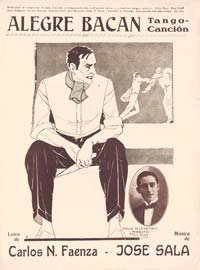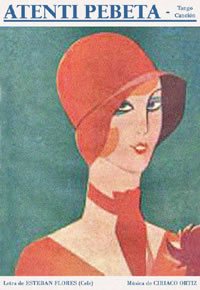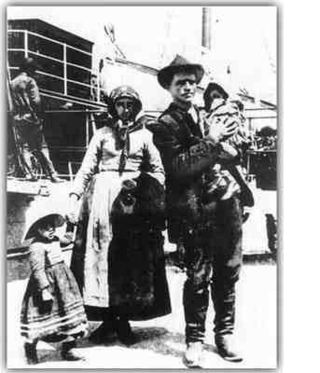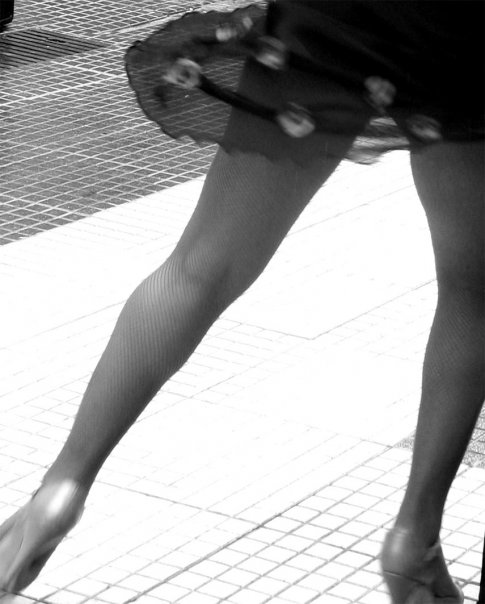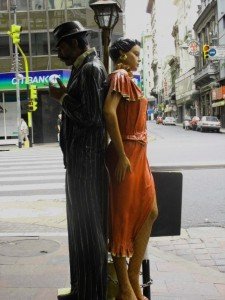Although not much in use these days, it may still be possible to hear people in their fifties or sixties using the word bacán in their conversations, especially when referring to somebody who seems to have a good economic position. It was a very popular term during the sixties and seventies amongst the hippies.
What does bacán mean?
According to some language experts, a bacán is somebody who sees himself or herself as having a lot of money. It is worth noticing that a bacán is not necessarily somebody wealthy but -in most occasions- somebody who seems to be wealthy. It was first used to refer to the rich people who held administrative positions in the British-owned trains. According to a version, these administrative people, since they didn’t do any physical effort, kept their hands at their backs (backhand, in English).
This term belongs to the Argentine lunfardo and it was used not only in Buenos Aires but also in all the River Plate area.
Throughout the years, different synonyms or quasi synonyms have appeared: “jailaife”, “shusheta”, “pituco”, “cajetilla”, “bienudo”, “concheto” or “cheto” just to mention a few of them.
The English version
Some language experts believe that the word bacán derives from the English word “backhand”, which referred to the wealthy people who, as it has already been said, had administrative positions in the British-owned trains.
The Italian Version
On the other hand, some language experts are convinced that the term bacán comes from the old Genoese Latin word baccan, which meant patron, captain of a ship, pater familia (head of a Roman family).
Baco, Bacanales and “bacán”
It is also worth mentioning that some linguists firmly believe that the etymological origin of the word bacán can be found in the word bacanal. Thus, “bacán” would be an abridged version of that word. Bacán would be the man who enjoys life fully, who spends money on good clothes, good wines and good food since the bacanales were, in the Ancient Greece and Rome, parties celebrated to pay homage to the God Baco that included plenty of good food and alcoholic beverages.


